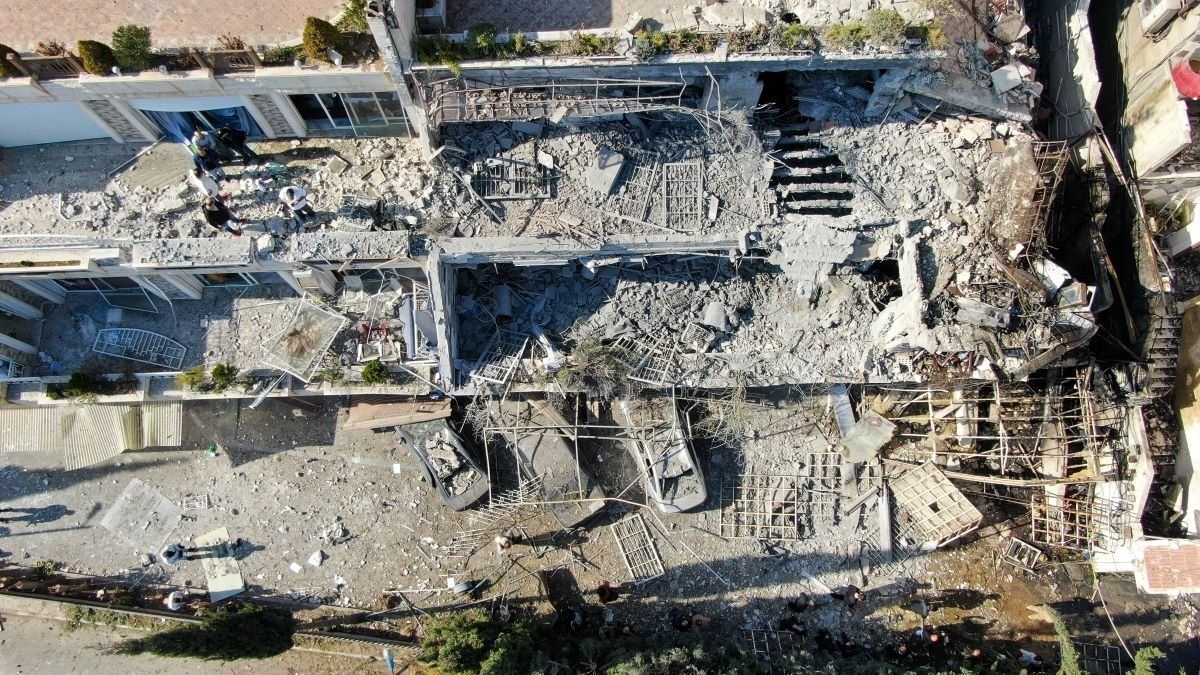An Israeli airstrike destroyed a residential building on the outskirts of Damascus on Thursday in the latest Israeli incursion into post-Assad Syria.
Israel said the target was a command center of Palestinian Islamic Jihad, which has been based in Damascus since the early 1990s, and warned Syria’s president, Ahmad al-Sharaa, that “Islamic terrorism will not have immunity in Damascus.”
Ever since al-Sharaa’s HTS jihadist militia led the campaign that overthrew Assad in December, Israel has moved aggressively to advance its interests. It has crippled Syria’s military assets, occupied a deep “buffer zone,” unilaterally declared the demilitarization of southern Syria, and cultivated ties with the country’s Druze minority, which is wary of Islamist power.
Al-Sharaa has criticized Israel’s incursions as “expansionism,” but, particularly after Israel’s initial campaign, he has no serious military assets with which to respond.
Meanwhile, he is focused on dicey internal matters: the flare-up of sectarian violence in the west and implementing a landmark agreement with the Kurds in the northeast.
What is Israel’s motive? Its stated objective is to defang and preempt any military or terrorist threat that could take root in post-Assad Syria. It remains to be seen whether its bold actions end up creating more instability next door, or less.
